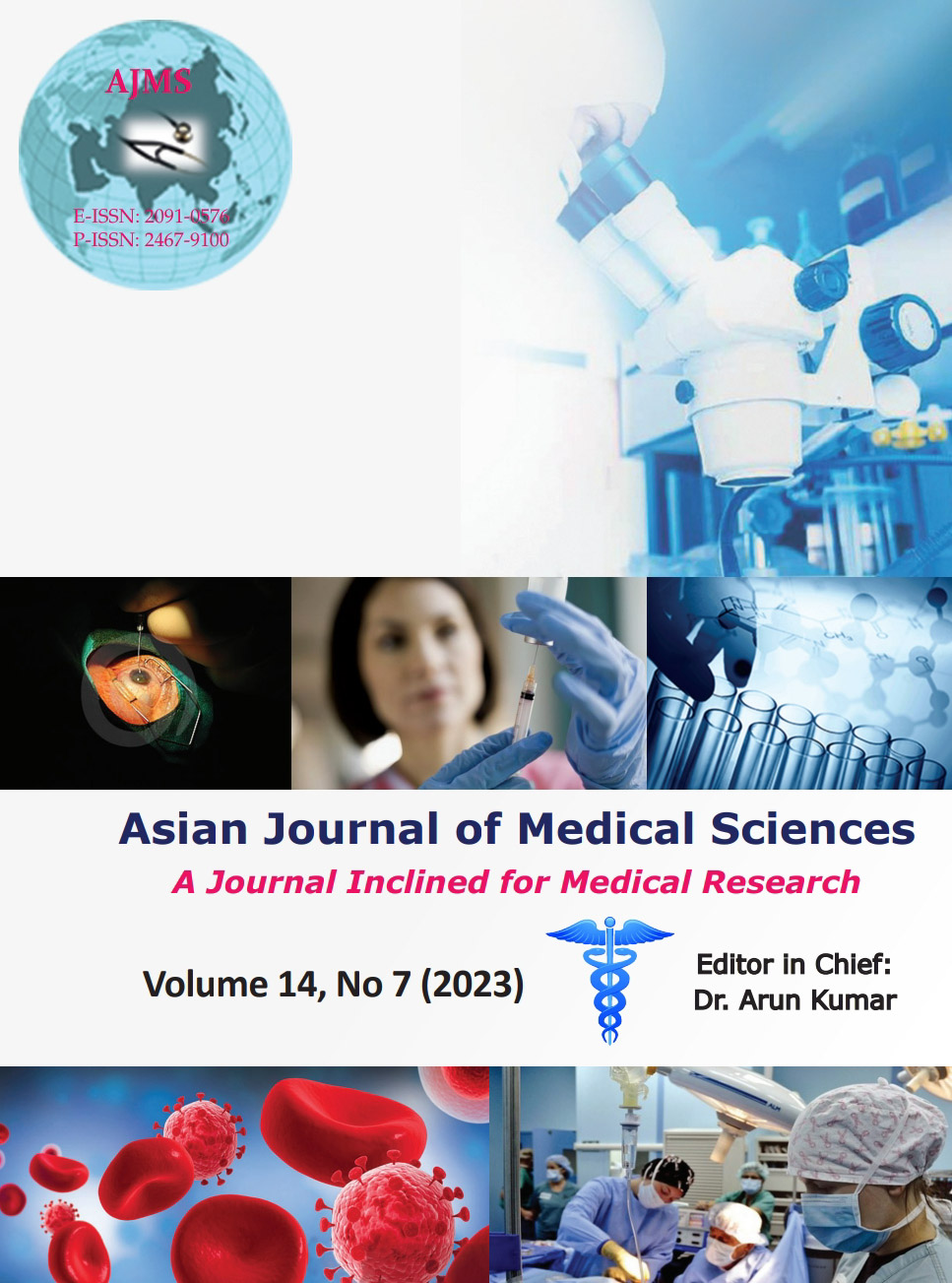Uridine as a novel fuel for cancer cells
Keywords:
Cancer; Metabolic adaptation; Warburg effect; Uridine; Cancer HypoxiaAbstract
Cancer cells are known to have an enormous appetite for calorie. This is something they are addicted to sustain their unrestricted growth and rapid proliferation. In order to accomplish this feat, cancer cells has evolved multiple mechanisms, rewiring their metabolic circuitry such that metabolic fuels are preferentially diverted to meet their energy demands. A classic example (Warburg effect) of this is aerobic glycolysis and preferential production of lactate to produce ATP (without relying on mitochondrial oxidative phosphorylation). Further, rapid proliferation of cancer cells, exhausts the nutrient and oxygen supply derived from the existing vasculature, making them hypoxic. In turn triggers the upregulation of pro angiogenic factors from the hypoxic tumor sites( HIF), which in turn re-vascularizes the tumor mass, bringing in metabolic cargo.
When it comes to cancer metabolism, cancer cells are highly innovative to devise novel mechanisms to bypass metabolic regulations and In a recent article published in Nature Metabolism, Skinner et al. identified an unusual source of glucose in cancer cells. Ribose moiety of uridine can be repurposed to replenish the energy requirements in cancer cells thorough the uridine phosphorylase UPP1/UPP2 mediated cleavage of uridine into its constituents , uracil and ribose-1-phosphate (R1P). R1P is then utilized to convert into fructose-6-P and glyceraldehyde-3-P by the non-oxidative branch of the HMP shunt back to glycolysis and ATP production.
These findings are novel and intuitive. It means that the cancer cells has the ability to salvage glucose from uridine, when needed. This also indicates that cutting off Uridine supply to cancer cells maybe a mechanism to target cancer cells .
Downloads
Downloads
Published
How to Cite
Issue
Section
License
Copyright (c) 2023 Asian Journal of Medical Sciences

This work is licensed under a Creative Commons Attribution-NonCommercial 4.0 International License.
Authors who publish with this journal agree to the following terms:
- The journal holds copyright and publishes the work under a Creative Commons CC-BY-NC license that permits use, distribution and reprduction in any medium, provided the original work is properly cited and is not used for commercial purposes. The journal should be recognised as the original publisher of this work.
- Authors are able to enter into separate, additional contractual arrangements for the non-exclusive distribution of the journal's published version of the work (e.g., post it to an institutional repository or publish it in a book), with an acknowledgement of its initial publication in this journal.
- Authors are permitted and encouraged to post their work online (e.g., in institutional repositories or on their website) prior to and during the submission process, as it can lead to productive exchanges, as well as earlier and greater citation of published work (See The Effect of Open Access).




